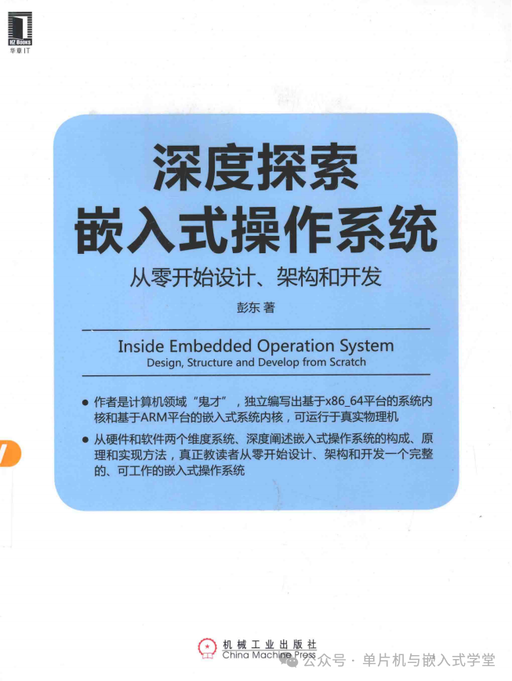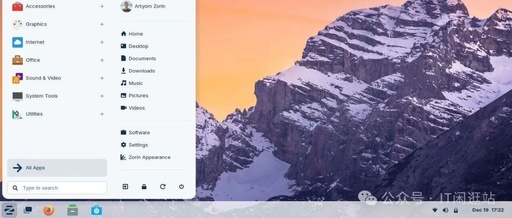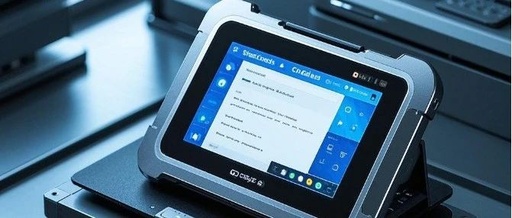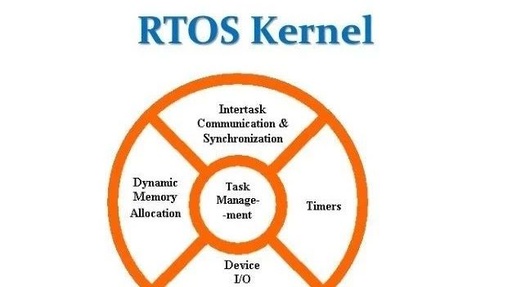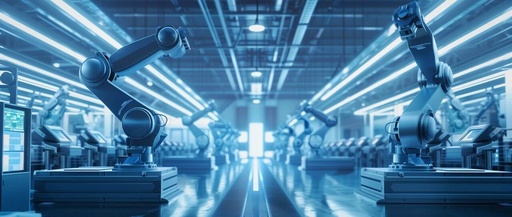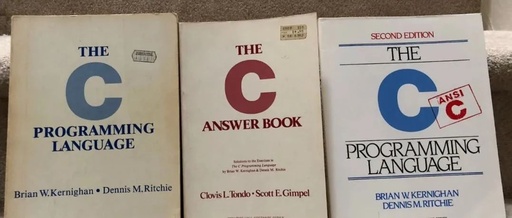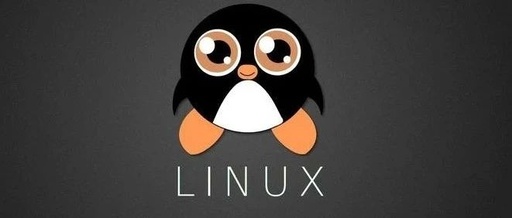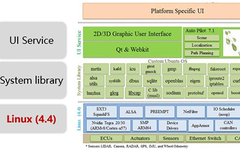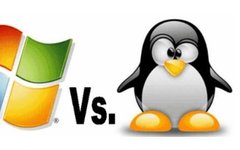Subforum: Embedded Technology Conference | Overview of Embedded Operating System Paper Abstracts
Topic: Embedded Operating Systems 1. Embedded Multi-core Operating System for Intelligent Systems Prof. ALLAN HE, Embedded System Associations The rapid deployment of artificial intelligence technology at the edge and on-device is driven by large models, and the research and application of high-performance heterogeneous multi-core embedded processors and microcontroller chips are quickly becoming widespread in intelligent … Read more

